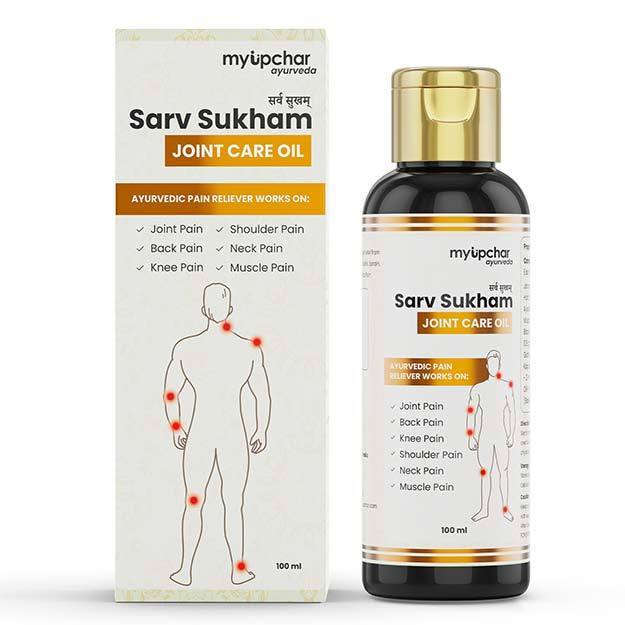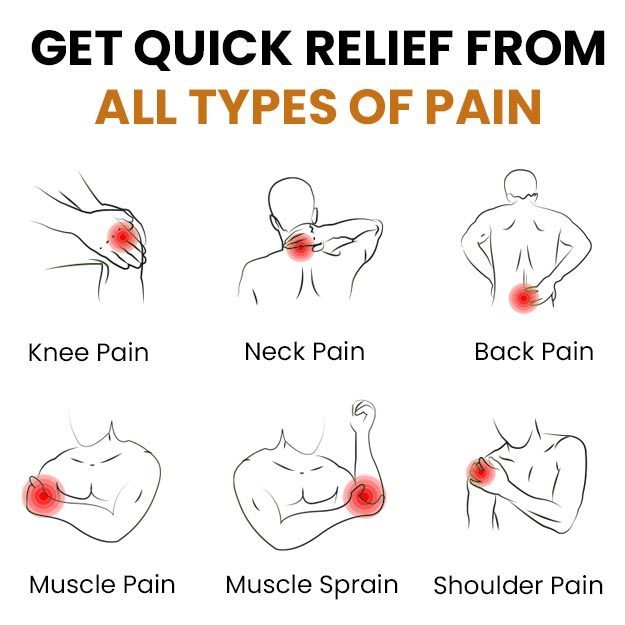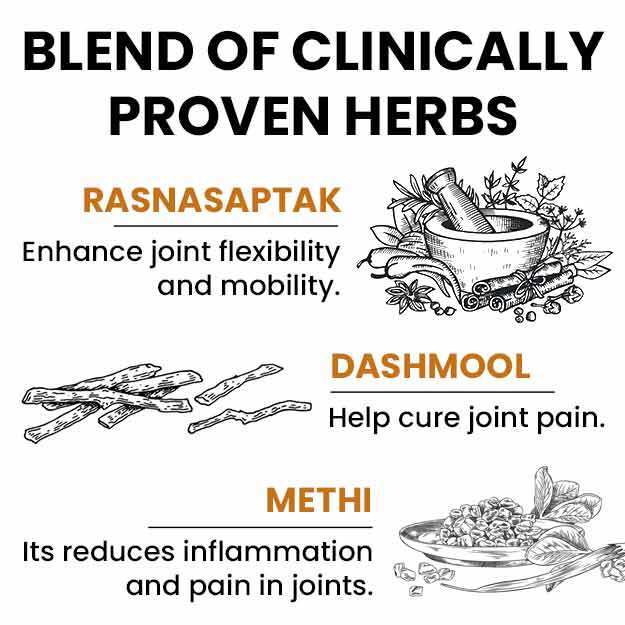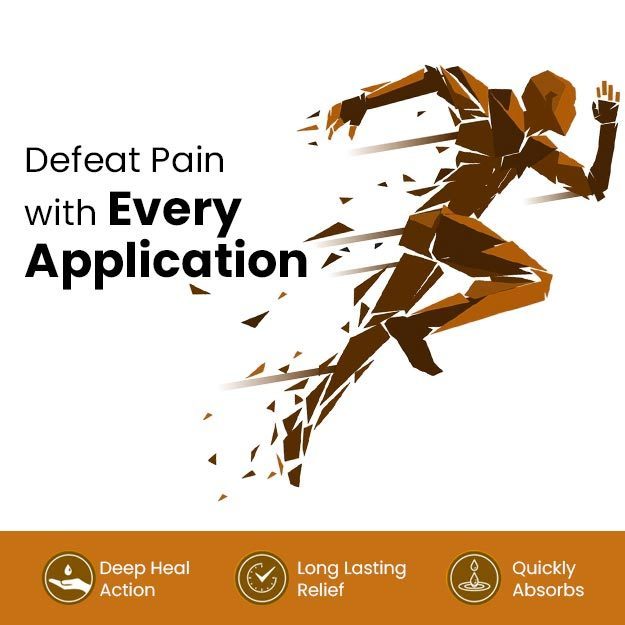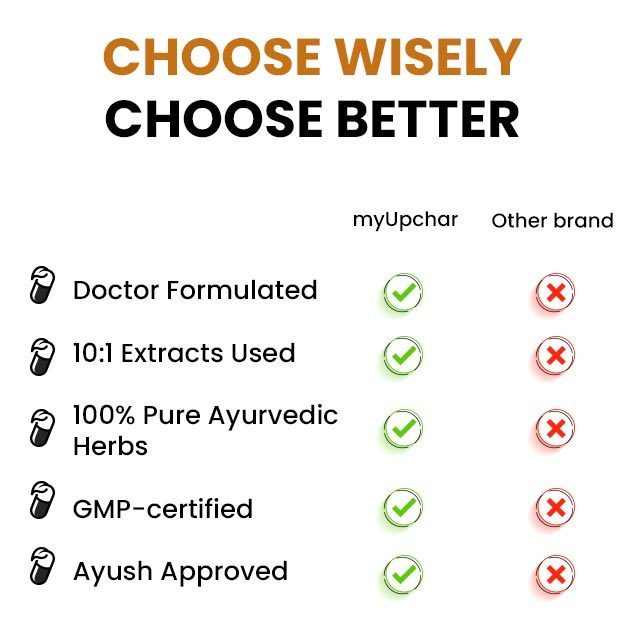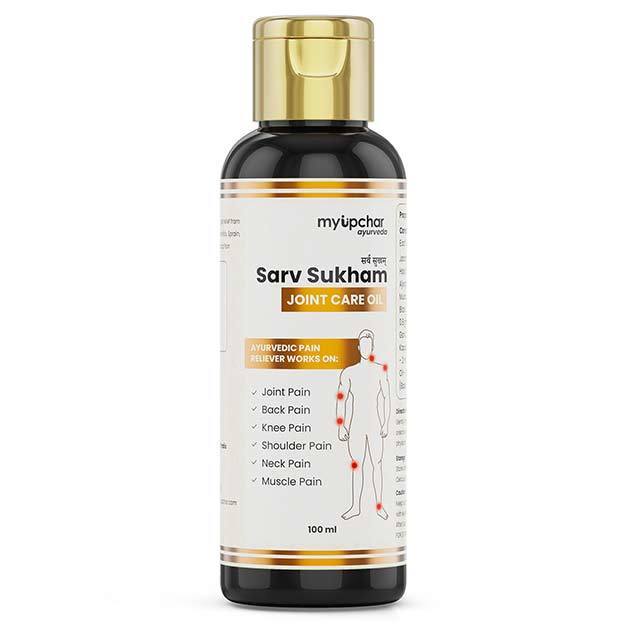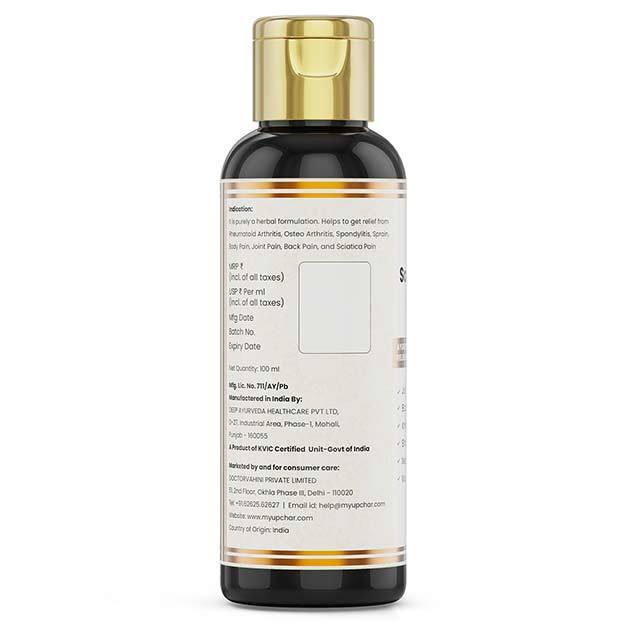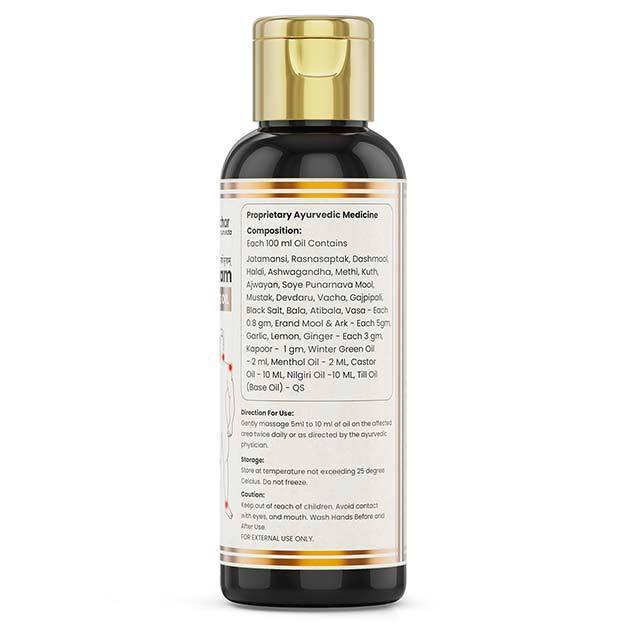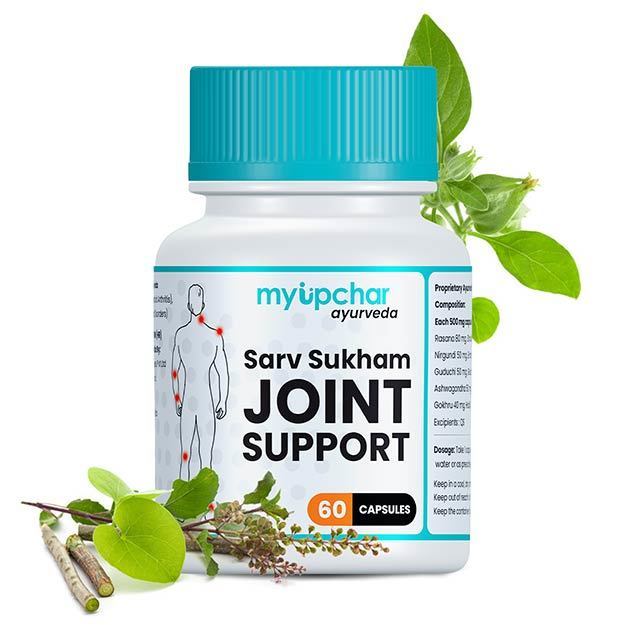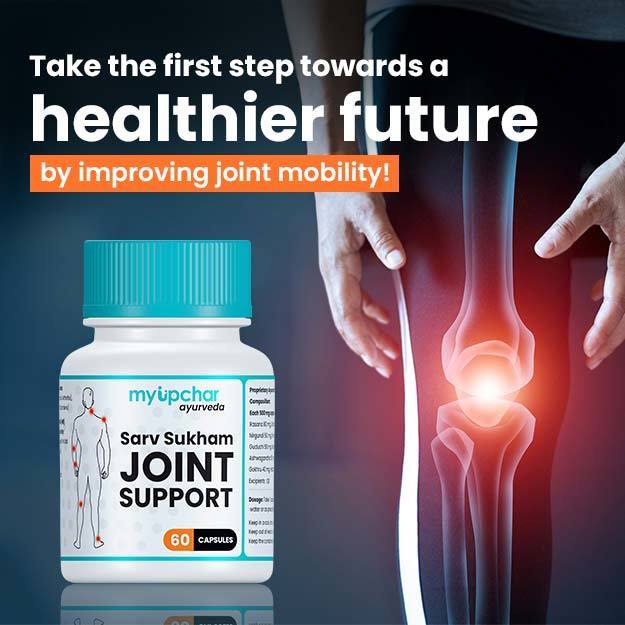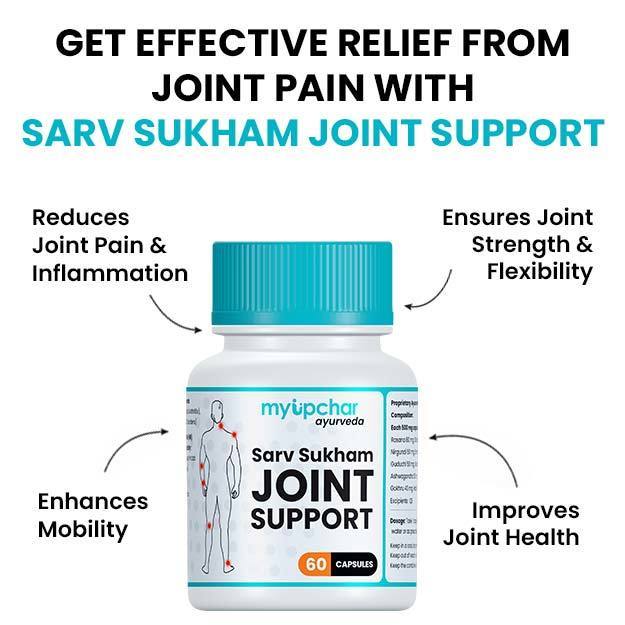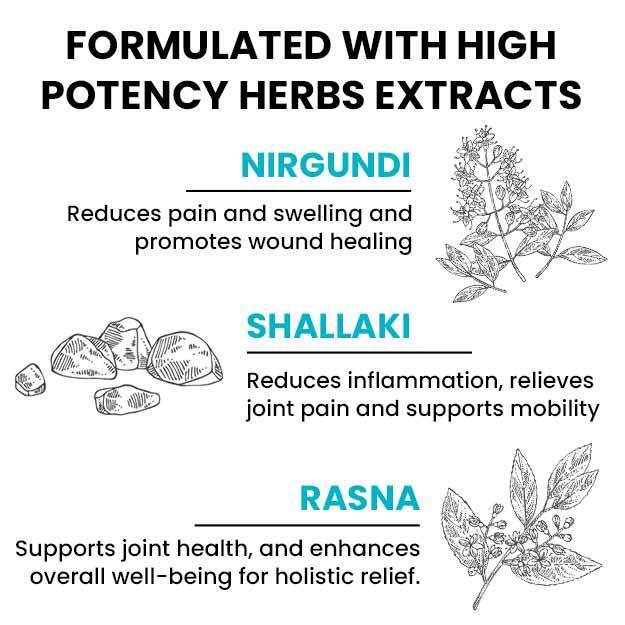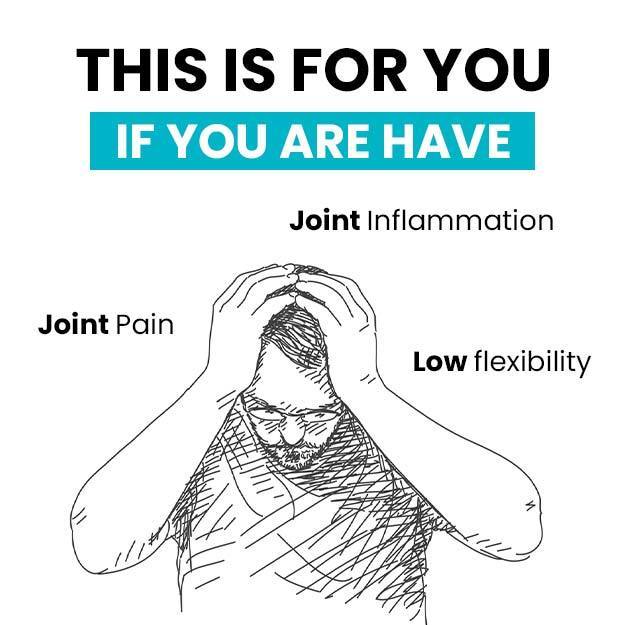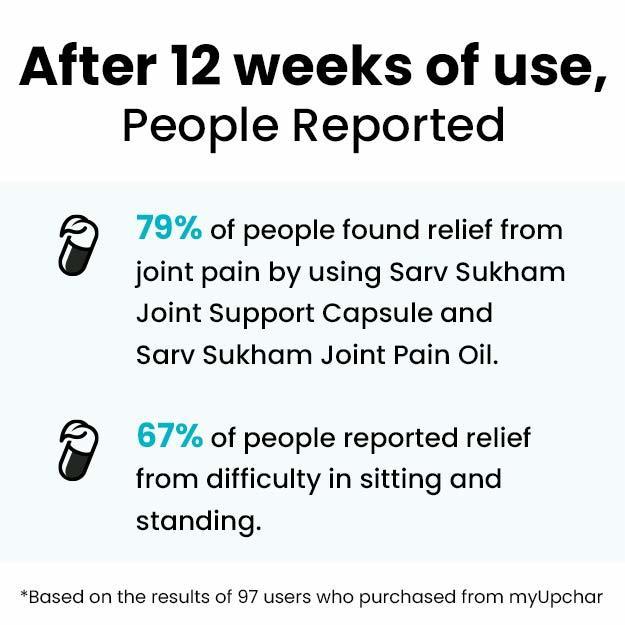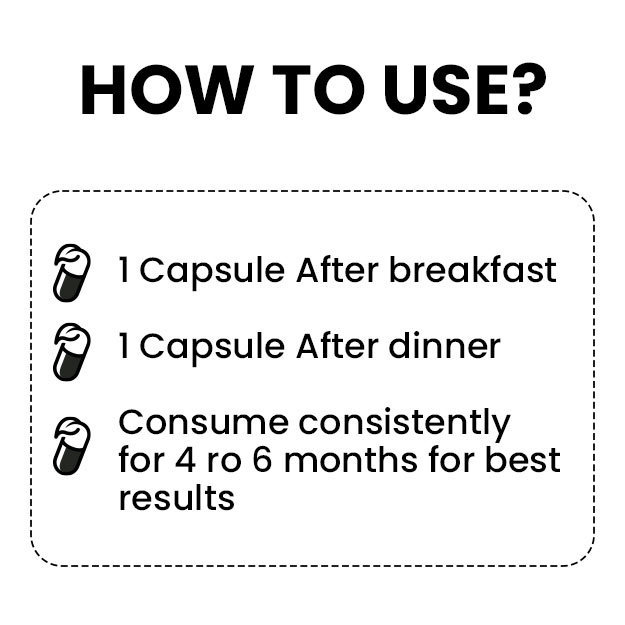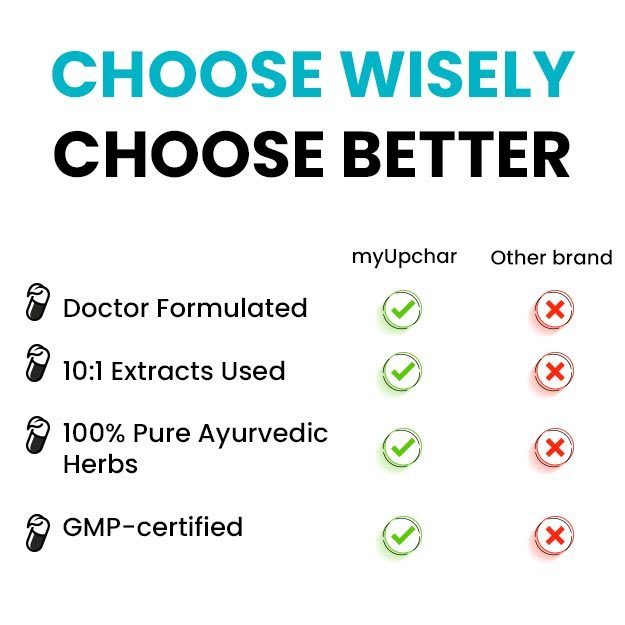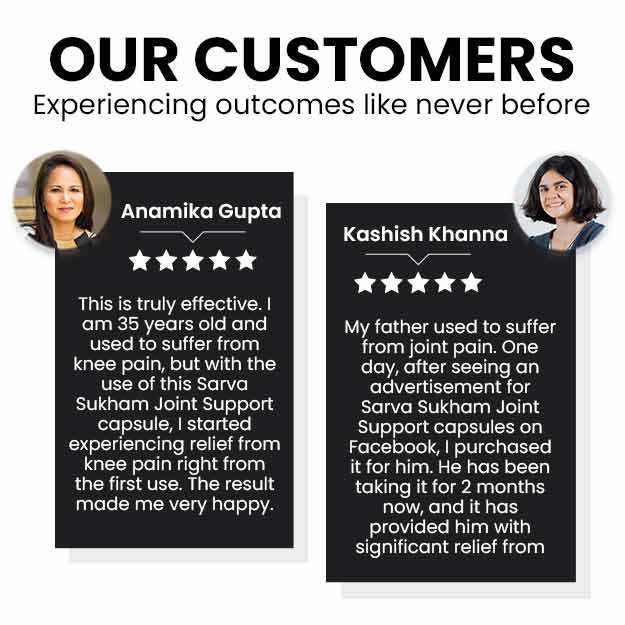What is a Cyclosporine test?
Cyclosporin test is used to detect the levels of the drug cyclosporine in the blood. Cyclosporine is an immunosuppressant that is given to patients who have undergone organ transplants. It helps prevent organ rejection. Cyclosporin is also used in the symptomatic management of autoimmune disorders like aplastic anaemia, Crohn’s disease, rheumatoid arthritis and psoriasis.
When a patient undergoes a transplant for any organ, his/her body recognises the transplanted organ as ‘foreign’ and begins to attack it, just as it would attack any invading bacteria or virus. Cyclosporine acts on white blood cells and modulates their function so that the body does not reject the new organ. The organ thus survives well and can increase the life span of the patient. Transplant patients usually get a high dose of cyclosporin after the surgery however, this dose is gradually reduced over time. Contrary to this, in autoimmune conditions, therapy begins at a low dose of cyclosporin which is steadily increased to improve symptoms.
Cyclosporine is available in both capsules and in liquid form. The liquid preparation can be taken with water, apple juice or orange juice. Avoid this medicine with grapefruit juice as this juice increases cyclosporine level and causes toxicity.





